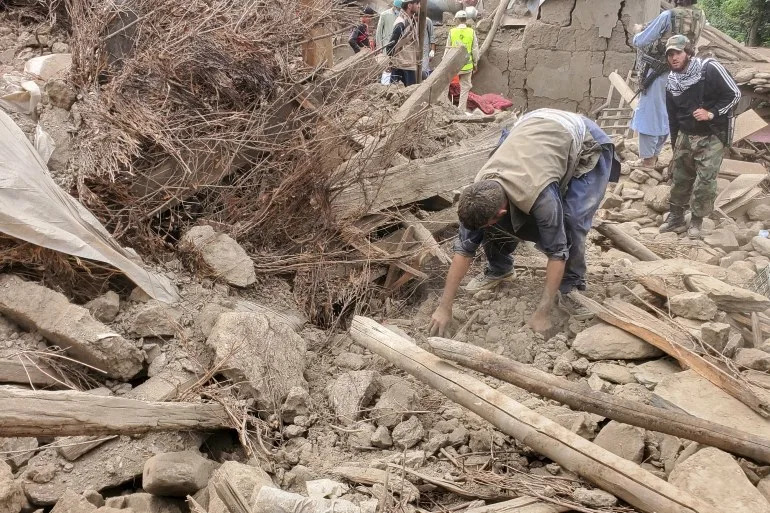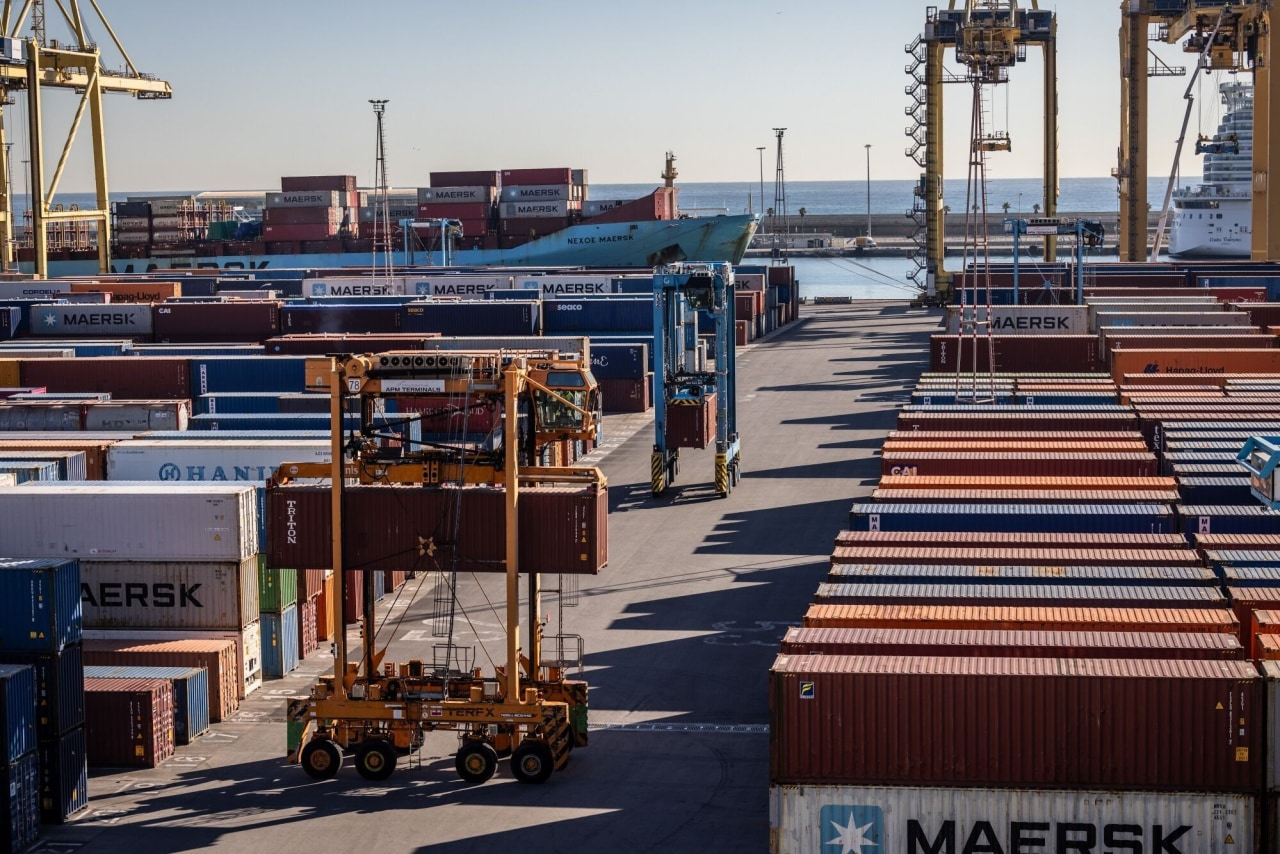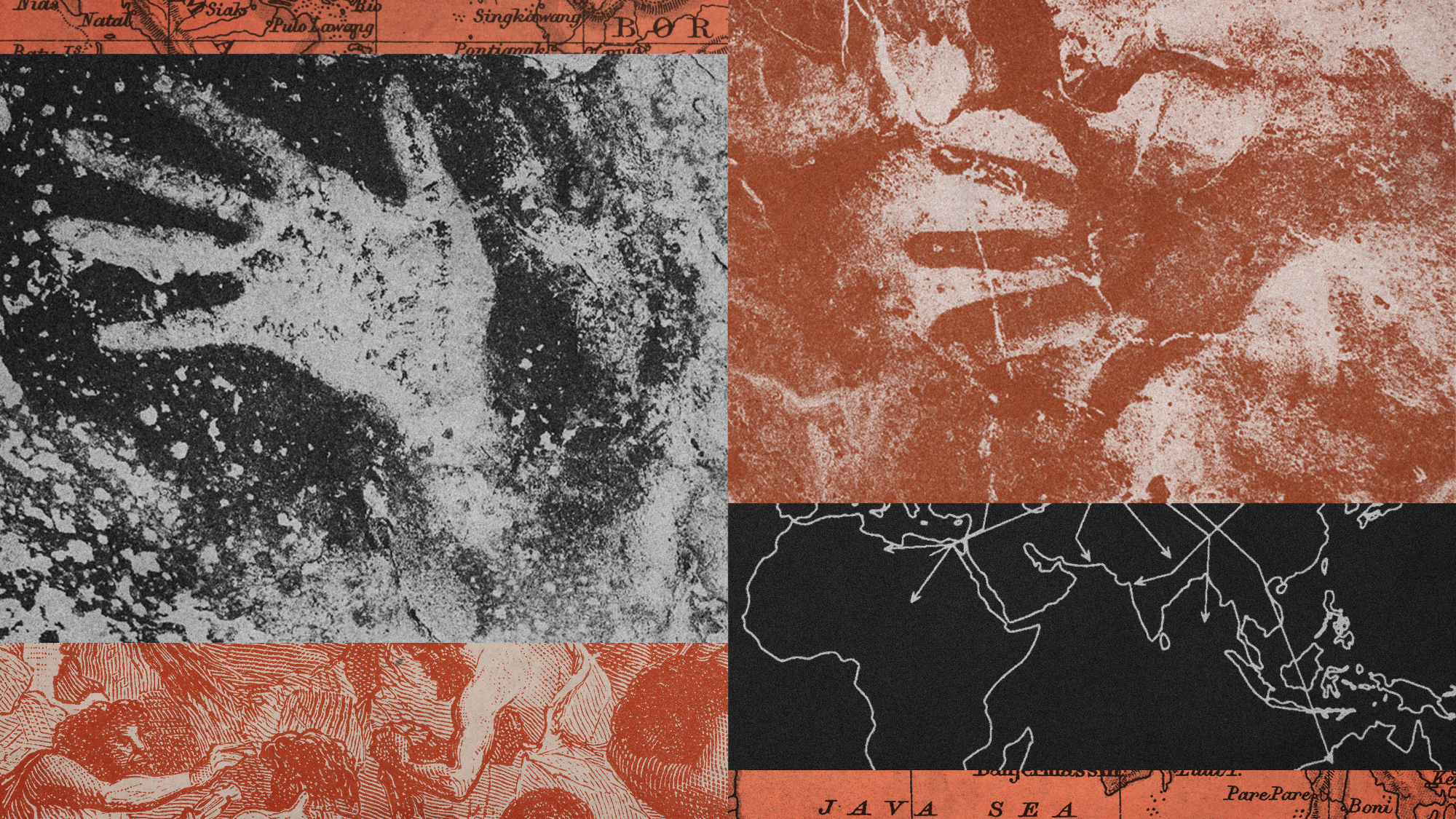
In the aftermath of a catastrophic earthquake in southeast Afghanistan, entire villages in Kunar province have been reduced to rubble. A strong 6.0 magnitude tremor struck the region on September 3, 2023, claiming the lives of more than 2,200 people and leaving countless others in dire circumstances. Survivors are now faced with the daunting challenge of rebuilding their lives amid overwhelming grief and loss.
The earthquake devastated homes primarily constructed from wood and mud bricks, common in the mountainous terrain. Many residents are mourning the deaths of family members and friends while grappling with the reality of their shattered communities. Al Jazeera correspondent Ali Hashem reported that survivors have only two options: to leave their homeland or face death.
Survivor Gul Rahim recounted a harrowing experience as he lost 63 family members during the quake, including his five-year-old daughter, Fatima. “We were asleep at home when, at midnight, the earthquake struck. All the houses collapsed and everyone was screaming,” he recalled, visibly shaken as he sat amidst the ruins of his home. Rahim managed to escape but was unable to save his daughter. “By the time we reached her, she had passed away,” he lamented.
As rescue efforts continue, the situation remains critical. The World Health Organization (WHO) reported on September 3 that at least 6,700 homes have been destroyed, exacerbating the humanitarian crisis. Rahim, now living in a tent, expressed deep concern as winter approaches, saying, “What we need most are proper homes to survive the cold. I call on the whole world, Muslims and non-Muslims alike, to help us.” His plea reflects the urgent need for assistance, as families have lost not only their homes but also their livestock and livelihoods.
Ongoing Rescue Efforts and Challenges
Rescue operations are hampered by treacherous terrain, persistent aftershocks, and limited access to affected areas. Hashem described the arduous journey to reach Kunar province, highlighting the risks posed by unstable roads and ongoing seismic activity. While rescue workers are dedicated to finding survivors, hope is dwindling as the official death toll is expected to rise, with many still unaccounted for.
The WHO has stated that landslides and blocked roads further obstruct relief efforts. The organization has issued an appeal for $4 million in funding to facilitate life-saving health interventions and support critical water, sanitation, and hygiene activities for those affected. Community volunteer Abdulrahman Sharafat emphasized the immediate needs, stating, “They need food assistance, safety, and medicine for the children.”
The Geological Context
Afghanistan is particularly vulnerable to seismic activity due to its location at the convergence of the Indian and Eurasian tectonic plates. This recent earthquake follows a series of devastating quakes in the region, including a magnitude 6.0 earthquake in October 2023 that resulted in over 2,000 deaths in the western province of Herat. The continued seismic threat poses ongoing risks for the people of Afghanistan.
As Afghan communities navigate the aftermath of this tragedy, the call for international assistance grows louder. The resilience of the survivors is evident, but without immediate support, many face an uncertain future as they strive to rebuild in the wake of unimaginable loss.







